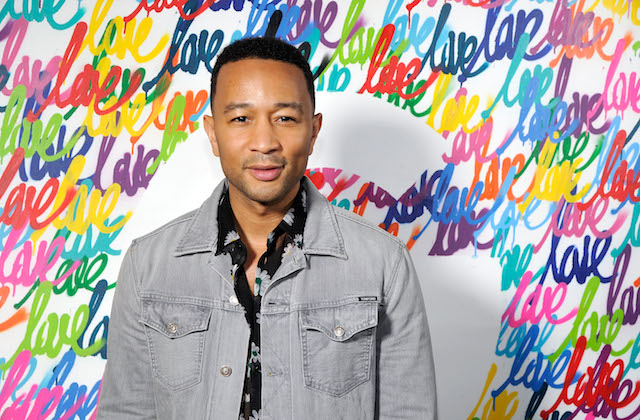Louisiana might be home to a Black musical legacy that inspires R&B musicians like John Legend, but it remains one of the most difficult states for Black people to find justice in court. Legend highlights one of the state’s most pernicious laws—one that allows non-unanimous juries to convict suspects of felonies—in an op-ed that The Washington Post published yesterday (August 13).
"Louisiana is one of only two states—the other is Oregon—in which a person can be convicted of a felony and sent to prison without a unanimous vote of the jury," the performer and outspoken critic of racist criminal injustice explains. "As a result, Louisiana prosecutors do not truly have the burden of proving their case ‘beyond a reasonable doubt.’ They only need to persuade 10 of 12 jurors to send a defendant to prison, even for life."
Legend traces this back to a constitutional convention the Pelican State held with a mission "to establish the supremacy of the White race in this state to the extent it could be be legally and constitutionally done." The jury policy, which requires only 10 of 12 jurors to pass a felony conviction, came out of this convention and has led to what the New Orleans Advocate recently called "a pronounced racial divide" that disproportionately freezes Black jurors out of decisions. Legend uses cases like these to make his point:
rnt
Take Kia Stewart, an African-American man who was convicted of second-degree murder and sentenced to life without parole. At 17, Stewart was found guilty based on an anonymous tip, the testimony of a single mistaken eyewitness and a 10-2 jury decision. Of the two jurors who refused to convict, at least one was Black. Stewart was exonerated and released after spending 10 years in prison once the Innocence Project New Orleans found 18 witnesses who either saw the crime and confirmed Stewart was not the shooter, heard the real perpetrator confess or proved Stewart’s alibi.
Legend concludes with a call to action: support a referendum in November that lets voters decide whether or not to eliminate non-unanimous juries.
"Ending the 10-2 jury rule in Louisiana will not solve the issue of mass incarceration or dismantle White supremacy, but it will deal a significant blow to both," he writes. "The 1898 constitutional convention was about denying voice to the expression of all of Louisiana’s citizens. This ballot question in November is about giving Louisiana her voice back."
